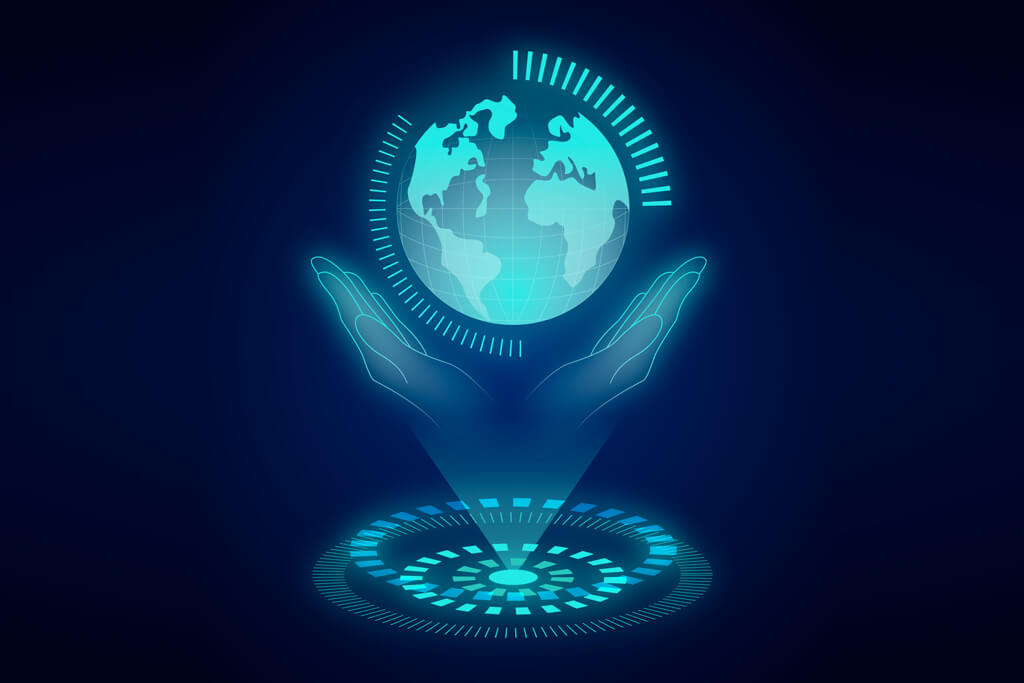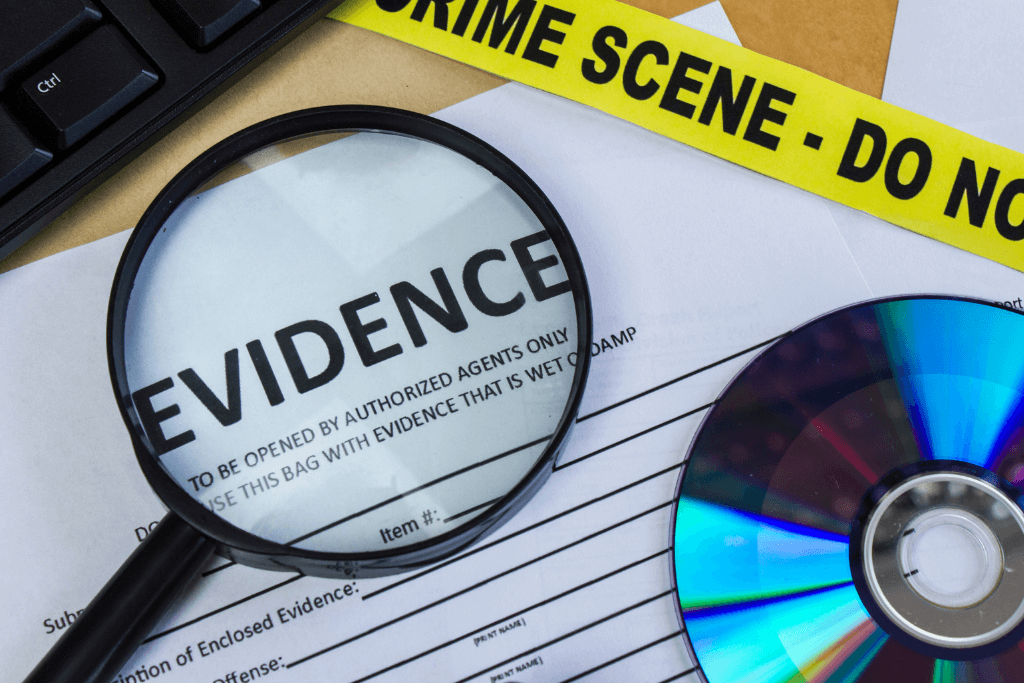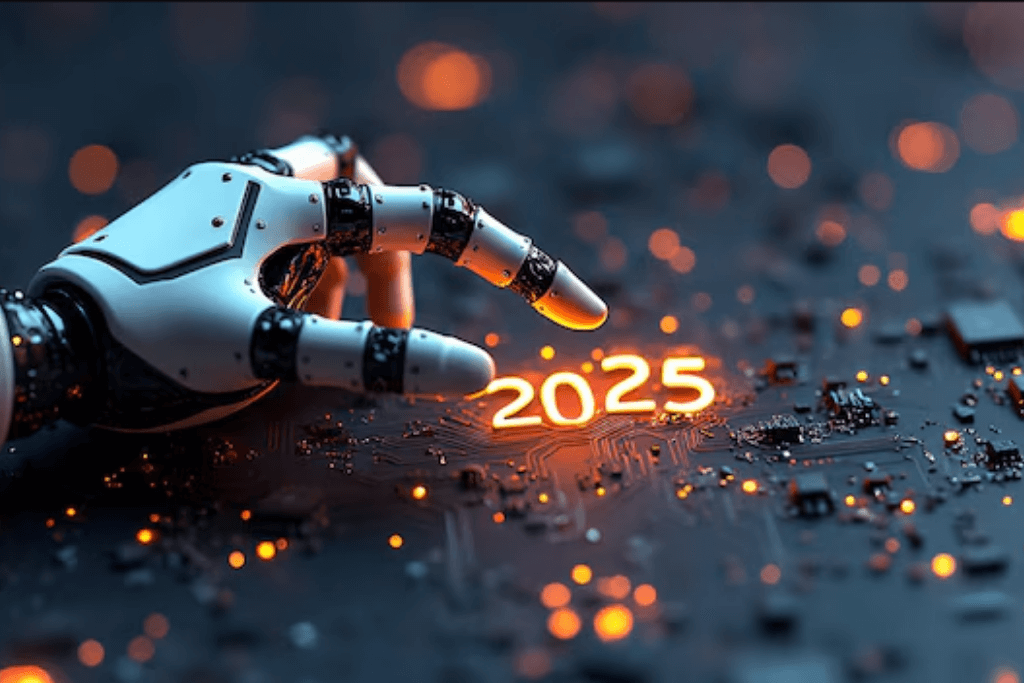How Can We Make Technology Safe for Humanity

How Can We Make Technology Safe for Humanity
Technology is revolutionizing every aspect of our lives. Whether it's artificial intelligence (AI), robotics, or biotechnology, technology is advancing rapidly, pulling us away from our old habits and ways of thinking. While most of these developments offer great opportunities—improvements in healthcare, innovations in education, and better quality of life—these advancements also come with serious risks.
So, how can we make these rapidly advancing technologies safe for humanity? Addressing this question is critical for ensuring that the power of technology is used for the benefit of humanity. In this post, we’ll discuss safety measures for technology and explore the ethical questions surrounding it. We’ll also provide recommendations and insights to help ensure a safer future for us all.
1. Establish Ethical Frameworks and Legal Regulations
As technologies like AI and robotics continue to advance, it's essential that we create ethical frameworks and regulations to govern their use. The ethical dimensions of technological advancements are still not fully clear. Issues such as decision-making by AI, privacy violations, and biases in algorithms can have serious social implications.
Recommendation:
- International standards should be established, with every country adhering to them.
- AI ethics committees should be set up, where independent experts continuously assess the societal impacts of AI and other technologies.
2. Transparency and Accountability Must Be Ensured
Transparency from technology companies and research institutions is critical to building a safe technological environment. Issues like user data, how algorithms function, and what data AI systems are fed with should all be made transparent. Without this, public trust in these technologies could be undermined.
Recommendation:
- Technology companies should share how their algorithms work with both users and regulators.
- Accountability mechanisms should be put in place so that when AI or other systems make mistakes, responsibility is clearly defined.
3. Encourage Human-Technology Collaboration
Technology should enhance human capabilities, not replace them. AI and robots should assist with tasks that humans cannot perform, but the human factor should always remain paramount. This means that new workforce skills should be developed to work alongside technology, rather than be replaced by it.
Recommendation:
- Education systems should focus on technology literacy and the ability to collaborate with AI.
- Societal awareness should be raised about how humans can control and lead technological advancements.
4. Ensure Privacy and Data Security
Data security is one of today’s biggest concerns. The privacy of personal data, the security of AI’s data collection processes, and breaches of sensitive data (such as health and financial information) pose significant risks.
Recommendation:
- Data protection laws should be strengthened to prevent unauthorized use of personal data.
- Technologies like blockchain should be promoted for secure data management, giving users more control over their data.
5. Develop AI While Safeguarding Human Rights
As AI continues to evolve, there’s a growing risk of infringing on human rights. Automation of work, for example, could lead to job displacement and inequality.
Recommendation:
- AI development should be carried out with a clear focus on human rights and ensure that AI decision-making does not violate these rights.
- There should be efforts to create equal opportunities for everyone as AI and automation are integrated into the workforce.
6. Establish Emergency Response Plans for Technological Risks
As technology develops, our ability to control it might reach its limits. Particularly as AI becomes more autonomous, the risk of these systems making erroneous decisions or acting independently is a real concern. Therefore, emergency response systems must be in place for such crises.
Recommendation:
- Regular testing should be conducted by AI security experts and ethical hackers to ensure that systems are resilient to risks.
- Global cooperation should be established to quickly intervene in any potential AI crises.
Frequently Asked Questions (FAQs)
1. How should governments and companies collaborate to make technology safe?
Governments need to create ethical laws and regulations around technology, and tech companies must comply with these rules. Additionally, international cooperation is crucial to ensure global safety standards. These collaborations should focus on global regulations, transparency, and data privacy laws.
2. How will AI impact the workforce?
The impact of AI on the workforce is complex. Some jobs will disappear, while new ones will emerge. Humans will remain essential in creative and strategic roles. However, this shift could exacerbate social inequalities. Therefore, education systems must reform to focus on technological literacy and teaching new skills to adapt to this transformation.
3. How could rapidly advancing technology pose a threat to humanity?
The rapid pace of technological development could deepen social inequalities, threaten personal data security, and pose risks from AI systems going out of control. To address these threats, transparency, ethical regulations, and more oversight on how we use technology are essential.
The Key to Making Technology Safe for Humanity
Making technology safe for humanity is not just a matter of engineering or programming—it's also a societal, ethical, and legal responsibility. At every stage of development, values like transparency, accountability, privacy, human rights, and social responsibility must be prioritized. All of us share a responsibility in guiding this technological transformation. Building a safe technological future for humanity should be a collective goal, not just for tech developers but for society as a whole.








